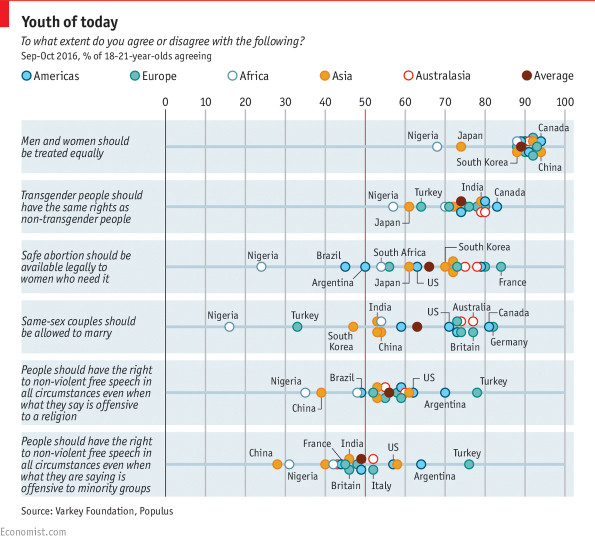The debate on »fake news« might be new to some. But for us who are activist when it comes to a free and open internet, privacy and civil rights – this is what we have been fighting for a very long time.
Governments strive towards »total information awareness« has always been excused with e.g. the war on terror, the war on drugs, child protection, fighting organized crime and national security.
The same arguments – and some other, like hate speech – have been used to restrict free speech and freedom of information.
Then we have the corporatist battle over copyright vs. the Internet – sacrificing a global, free flow of information to save outdated business models.
When activists find out and go public, the reaction from politicians and bureaucrats is normally that we have got it all wrong. But the swarm is resourceful, and often we find some sort of a smoking gun. In a few cases, we manage to stop what is going on (like ACTA). In some cases, we manage to change details (like the EU telecoms package). But normally we loose. Then the proposals become law. And most things we warned people about is actually happening.
Told you so.
(In some very rare cases – like EU data retention – the European Court of Justice or the European Court of Human Rights objects strongly enough to stop what is happening in its’ tracks.)
Today the concept of total information awareness is a reality in countries like the U.S., the U.K., and France. In Germany, it has just been legalized.
And after decades of legal battles, it seems as if Big Entertainment is getting closer to having the Internet Service Providers to police the Internet – leading to extrajudicial filtering and censorship without the possibility to redress.
During the processes leading up to all of this – politicians and bureaucrats have labeled resistance as delusions and activists as tin foil hats. Doing so, they have managed to keep their plans under the radar, away from the public eye and the media. Until it’s too late.
I have seen lots of disinformation, faked news, and cover-ups trough the years. It has been used by politicians, governments, and special interests – forcing their restrictions on our free and open internet, undermining a democratic society and disturbing the free market.
The concept of fake news might have become a bit more obvious lately – but it is nothing new. The only reason it’s such a big thing at the moment is that it has been used by others than governments, mainstream politicians, bureaucrats and special business interests.
/ HAX
